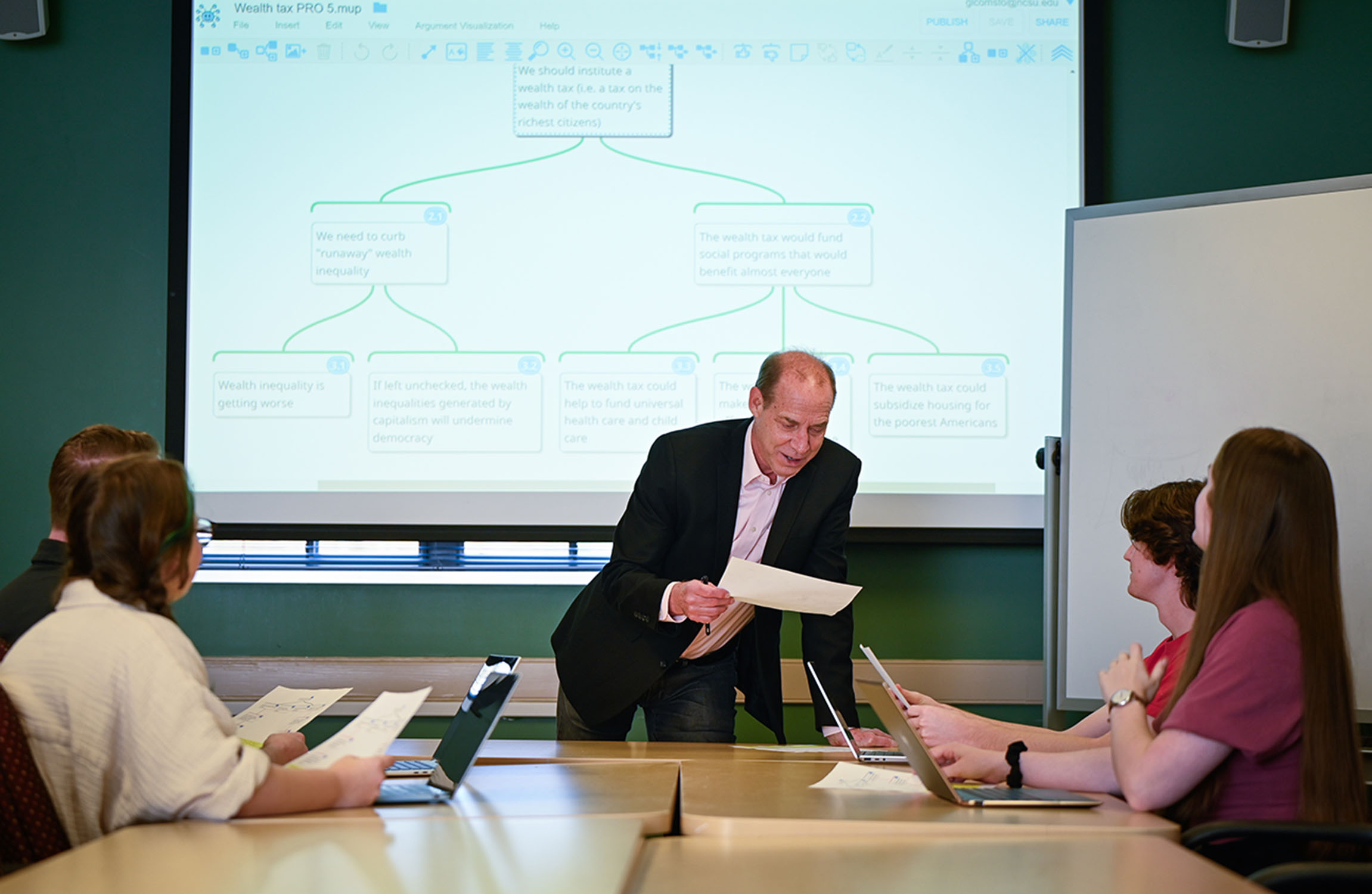Interview with Tara Di Cassio

Describe your post-graduate international experience(s) or program(s).
After graduating from NC State University with a B.A. in International Studies with a focus on the Middle East and South Asia, I knew I wanted to better my Arabic skills as I found myself yearning to reach fluency. I wanted to make meaningful connections to native speakers of the Arabic language as well as continue studying advanced Arabic materials for my research interests in the region. As a result, I pursued the David L. Boren Fellowship to study Modern Standard Arabic intensively at the Qasid Arabic Institute in Amman, Jordan for an academic year. After returning from Amman, I began my graduate studies in Global Studies at UNC- Chapel Hill. While at Carolina, the desire to sharpen my Arabic skills and spend more time living in the Middle East remained one of my primary goals. I then prepared for and gained admission into the Center for Arabic Study Abroad Program (CASA) through Harvard University to continue advanced study of Arabic. I returned to Amman, Jordan to continue my Arabic studies and spent 12-months on the ground studying Arabic and working in all Arabic- speaking atmospheres via various positions. Upon completion of the CASA program, I returned to the U.S. to complete my M.A. in Global Studies on a Foreign Language and Area Studies (FLAS) Fellowship where I was able to continue advanced, content-specific Arabic work related to my M.A. research and thesis via Skype with my previous CASA instructors who were located in Amman.
How did you find out about this program or opportunity?
I was referred to many of these programs by my Arabic instructor/mentor Jodi Khater. I spent a great deal of my time as an undergraduate in Professor Khater’s office being curious about her own journey towards fluency as a non-native speaker of Arabic and inquiring about ways to advance my Arabic skills. Given my goals, she advised that I look into the Boren Programs as a way to continue my language studies and strengthen my proficiency in order to become eligible for the most prestigious Arabic language immersion program in the U.S.–the Center for Arabic Study Abroad Fellowship (CASA). Given Professor Khater’s own experiences and participation in CASA, she was able to help guide and advise me in ways that were invaluable and necessary in order to be a successful applicant in nationally-competitive scholarships and fellowships.
What are some highlights of your experience abroad?
My memories of my experiences abroad in the Middle East are overwhelmingly positive. If I had to choose one highlight though, it would probably be my time working at a start-up in Amman. As an academic person, I never envisioned myself in start-up setting but I loved how different it was from what I am typically involved in and was amazed at how open the staff was to having someone like me be a part of their team. Additionally, everyone in the office spoke Arabic, and although I was hired to do work that would focus on marketing in the U.S., I was expected to speak in Arabic on a daily basis in order to work with my team on marketing strategies, campaigns, and events as most everyone in the office did not speak English. The environment was very young and “google-esque” and I really enjoyed getting to know my colleagues and working on creative projects in their language. I felt this wonderful sense of accomplishment having acquired a professional proficiency that allowed me to be a part of something that I otherwise could not have been.
What advice do you have for NC State students considering going abroad after graduation?
I am a huge advocate for study abroad or working abroad as an option for everyone but it is a particularly exciting and valuable venture for fresh graduates. The experience gained in an abroad experience is often more than the job you are doing or the subject you may be studying. You are gaining life experience that staying in your comfort zone simply cannot afford you. Studying, working, and living abroad is challenging at times, of course, but the way you confront and overcome these challenges is teaching you invaluable lessons about yourself and life. You will learn about and be confronted perspectives other than your own and on your return, you will be a more well-rounded, educated, and thoughtful person.
Also, while at NC State, speak with those professors or university administrators that you admire and inquire about their experiences. They may have done things or participated in programs you had not heard of or got to where they are on an unexpected path. Curiosity is essential as you start to think about your future plans. You may find opportunities you never expected by asking the educators and administrators around you.
This post was originally published in Study Abroad.
- Categories:


